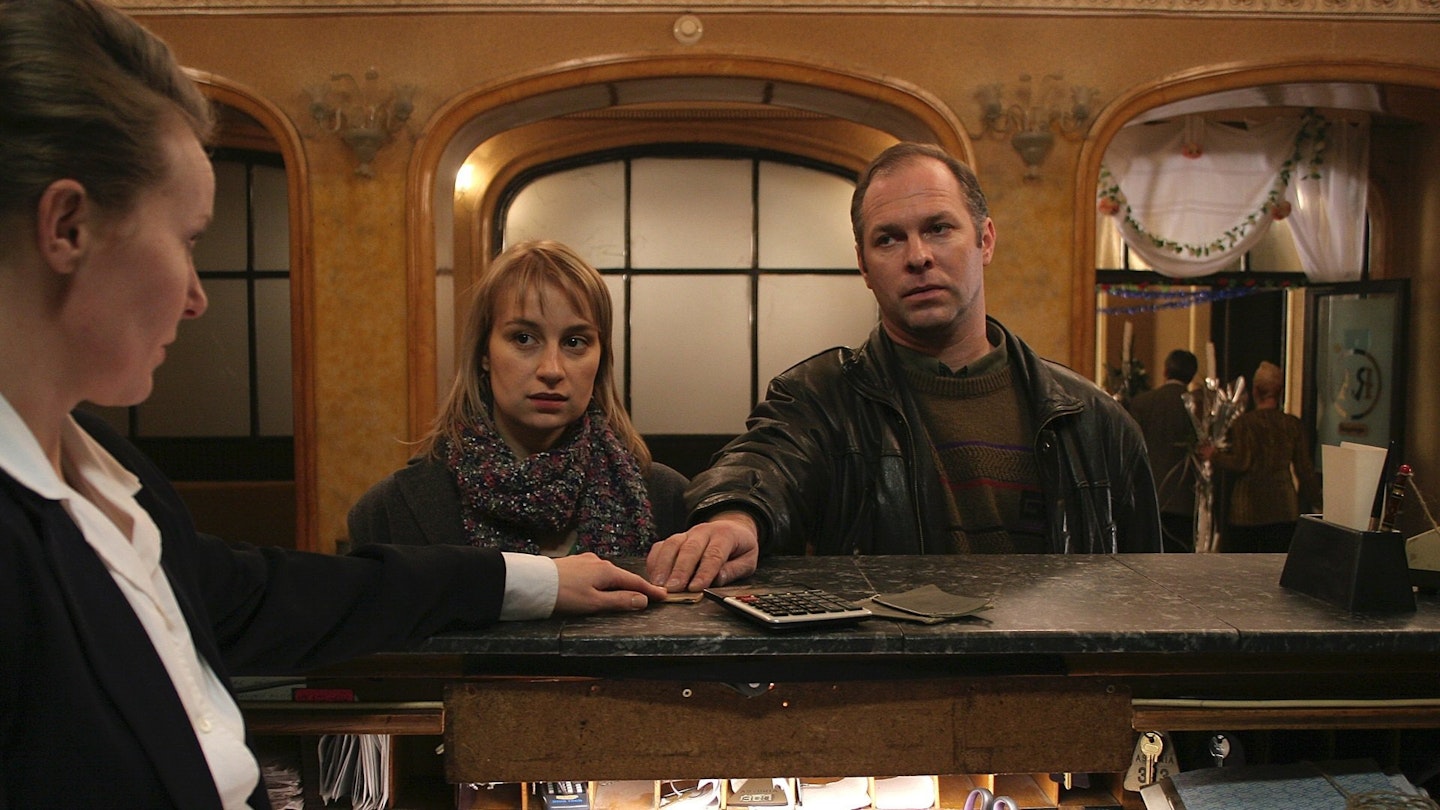It’s easy to snigger when a film wins the Palme d’Or at Cannes and is referred to, even by its champions, as “the Romanian abortion movie”. You might wonder what the Croatian Holocaust musical won, or what happened to the Kazakhstani Aids comedy. But as The Lives Of Others proved last year, only a fool confuses the phrase “arthouse film” with “foreign-language film”. In the same way that Von Donnersmarck’s Oscar winner struck a chord with audiences worldwide, so Cristian Mungiu’s superb, and rightly acclaimed, feature has plenty to say about life outside totalitarianism.
If you’ve seen Cristi Puiu’s dark healthcare tragicomedy The Death Of Mr Lazarescu (2005) – and it’s a bloody big ask – you’ll know a bit about Romania’s gripes about coming up to speed with the rest of the world after ousting dictator Nicolae Ceausescu in 1989. And if you haven’t even heard of Ceausescu, this film will put you slam-dunk back into his heyday. This is a relatively familiar place, but there is little or no personal freedom. The setting is modern, but the sense of surveillance and fear belongs to some ancient time.
This notion of oppression is evident right at the start of Mungiu’s film, where students Gabita (Vasiliu) and Otilia (Marinca) are planning a trip. The purpose is not made immediately clear, but it’s obvious from the cloak-and-dagger talk that this isn’t just a regular holiday. As she visits friends in her halls of residence, getting supplies, Otilia may as well be in post-war Britain, where even a packet of Tic-Tacs has black market currency.
By now Gabita’s situation is clear. She’s pregnant (hence the title), she doesn’t want to keep the child, and under Ceausescu, abortion is illegal for women under 40 who haven’t had four or more children already. And this is where Mungiu’s film becomes more than just a page of Romanian history; it’s a chilling reminder of the trade that flourishes where anything is criminalised.
So far, so worthy, but that’s not why this won the Palme d’Or. It’s also brilliantly made. Its aquarium colours are gorgeous, the camerawork superb, the girls amazing, and the final moment – was it really worth it for Otilia, and how grateful is Gabita? – give this a universal appeal.
